Because when it matters, you need the best.
Response & Readiness
We know what it takes to be ready, because we’ve been there. From training and planning to real-world response, The Loomex Group brings the experience, structure, and calm that communities and organizations rely on when it matters most.
The Loomex Group has been delivering training, emergency management and exercises for over 15 years
70+Clients
141days deployed supporting evacuations in 2025
8evacuated communities supported in 2025

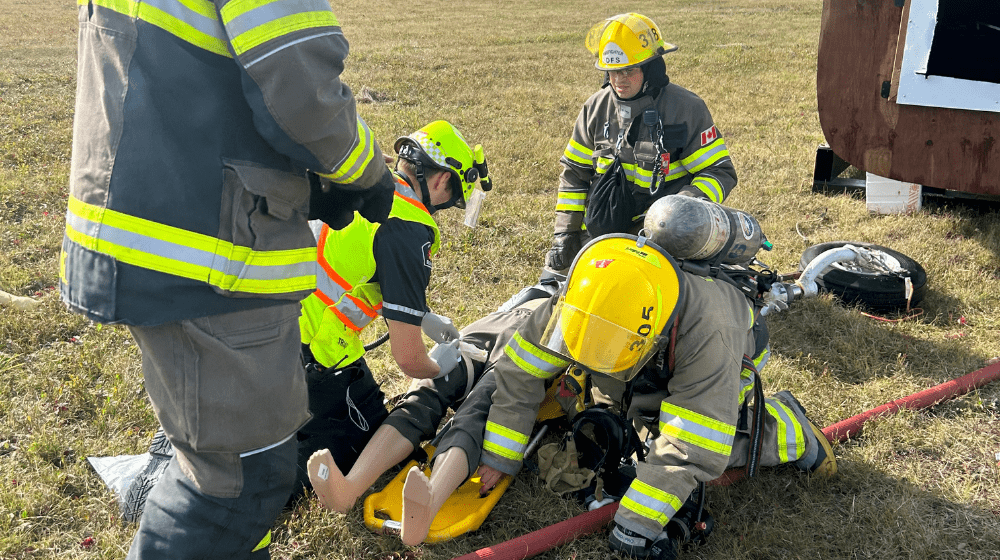

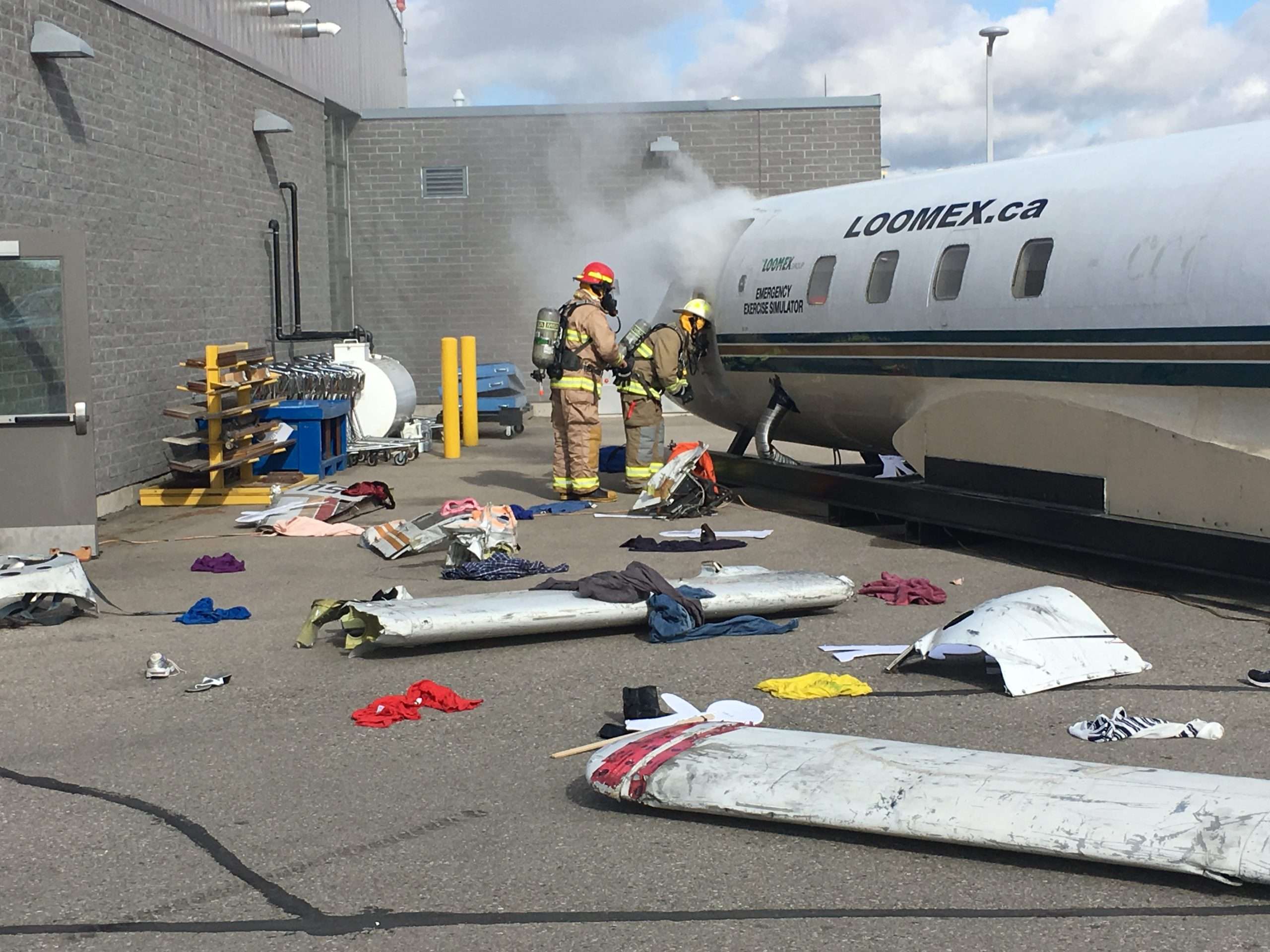

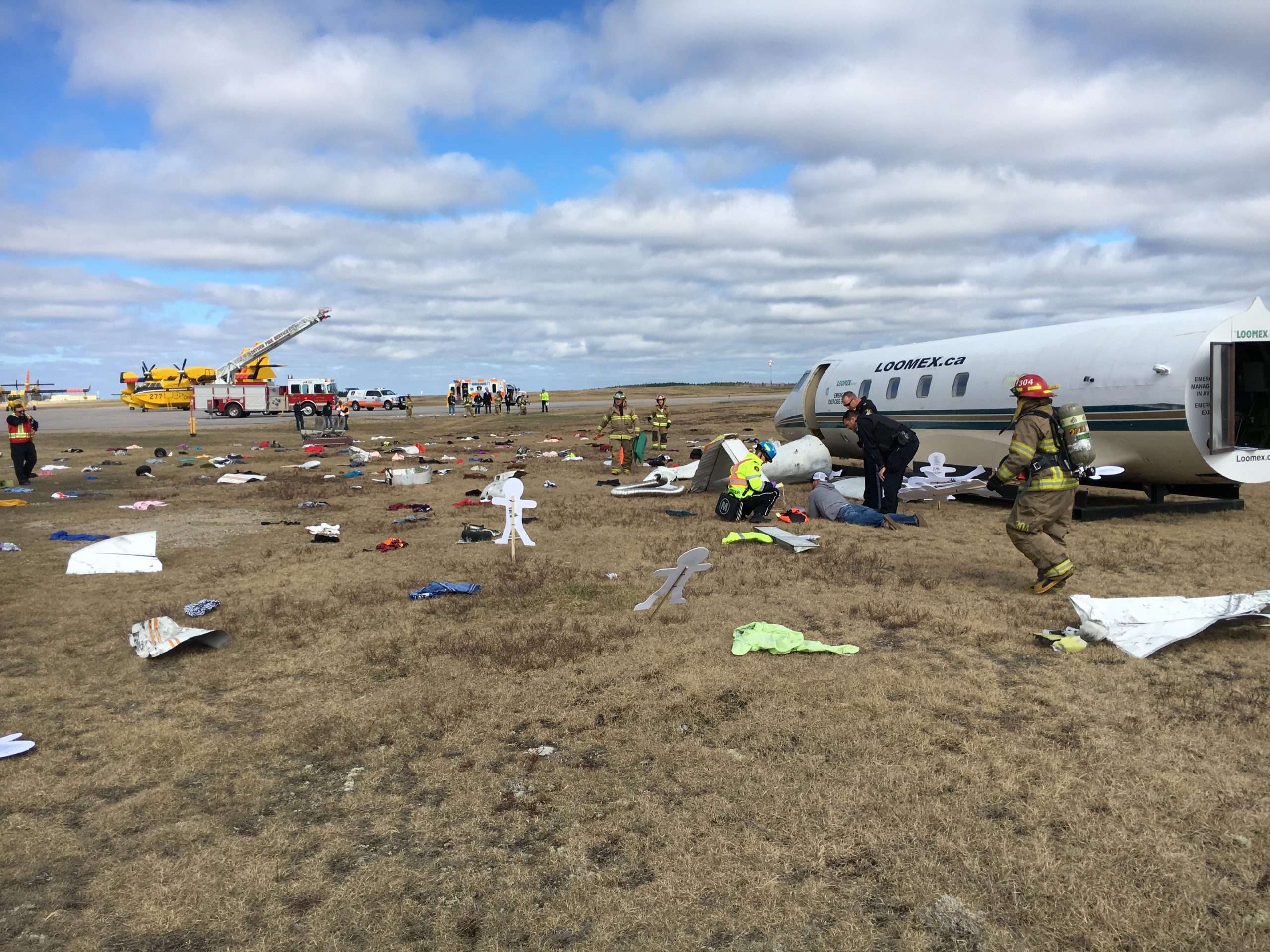


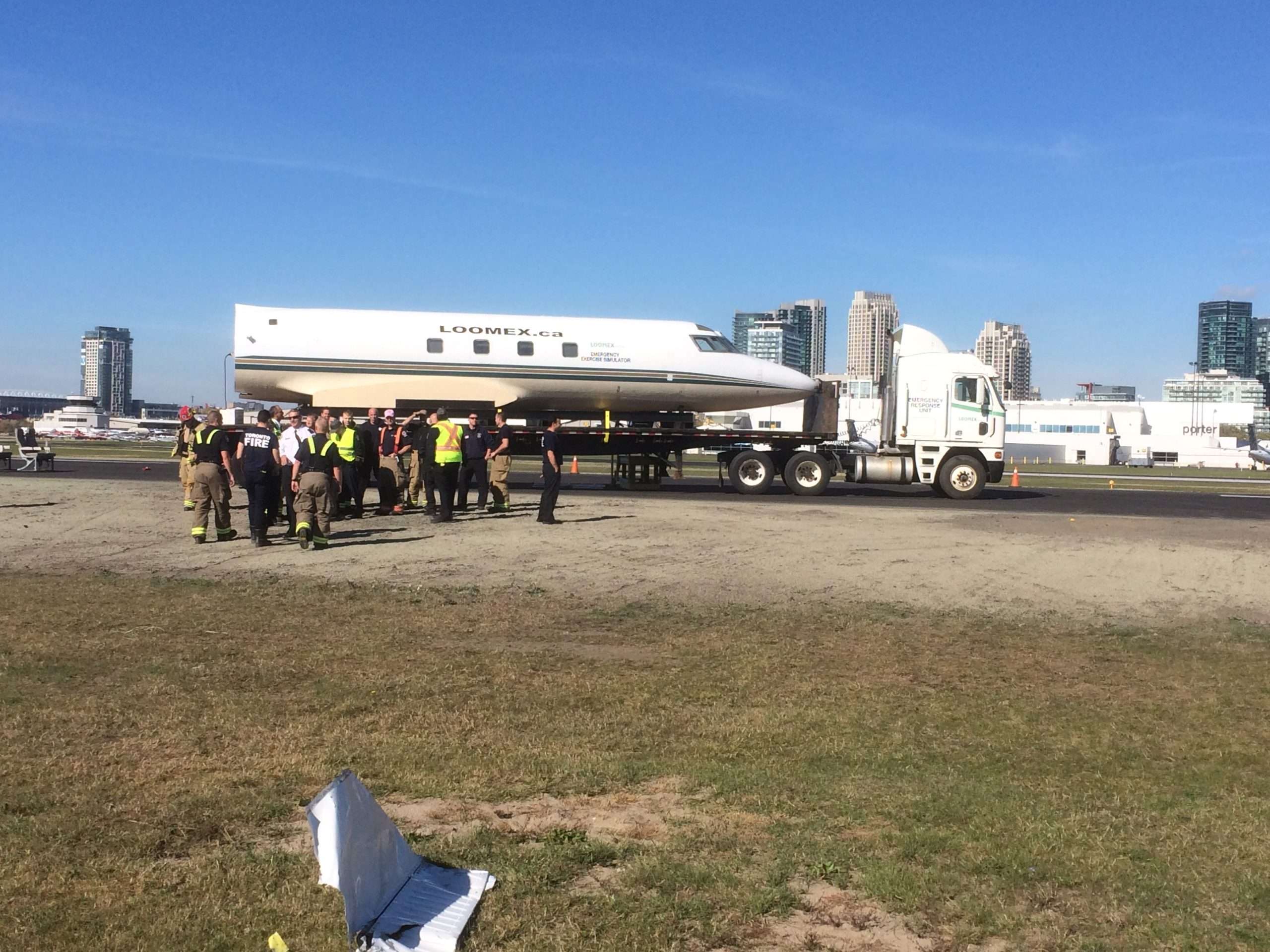

Our Services
From wildfires and floods to large-scale evacuations, The Loomex Group has been trusted to help communities respond and recover.
We bring that same experience to every plan, training course, and exercise we deliver, helping organizations stay prepared, confident, and compliant with the latest industry standards
Emergency Management
- Public Education Planning and Material Development
- Stakeholder Engagement
- Policy and Procedure Development
- After Action Reviews and Improvement Planning
- Emergency Operations Centre Manuals
- Emergency Social Services Plans
- Evacuation Plans
- Crisis Communications Plans
- Business Impact and Gap Analyses
- Business Continuity and Continuity of Operations Plans
Fire and Life
Safety- Program/Project Implementation Support
- Project Management
- Conflict Resolution
- Life Safety Plans
- Emergency Services By-Laws
- Apparatus, Building, and Equipment Reviews
- Fire Call Reviews
- Governance Reviews
- Financial Reviews
- Standards of Cover
Emergency Response
- Walkthroughs
- Workshops
- Seminars
- Training Facilitation
- Training Needs Assessment
- Specialized Support
- Communications and Issues Management
- Short-Term to Long-Term Recovery
- Emergency Operations Centre Support (Command and General Staff)
- Incident Management Team Support
Training and Exercises
- Communications-Specific Exercise (Control Group and Mass Notification)
- 24-Hour Exercise
- 6 Exercises in 24 Hours
- Full-Scale Exercises
- Functional exercises
- Drills
- Simulations
- Tabletop exercise
Keep your organization safe, compliant, and ready—year-round.
Response & Readiness
From tabletop and full-scale emergency exercises to premium training, our team delivers hands-on support and end-to-end management so you can focus on keeping your organization ready.
Let’s get you prepared—starting today.
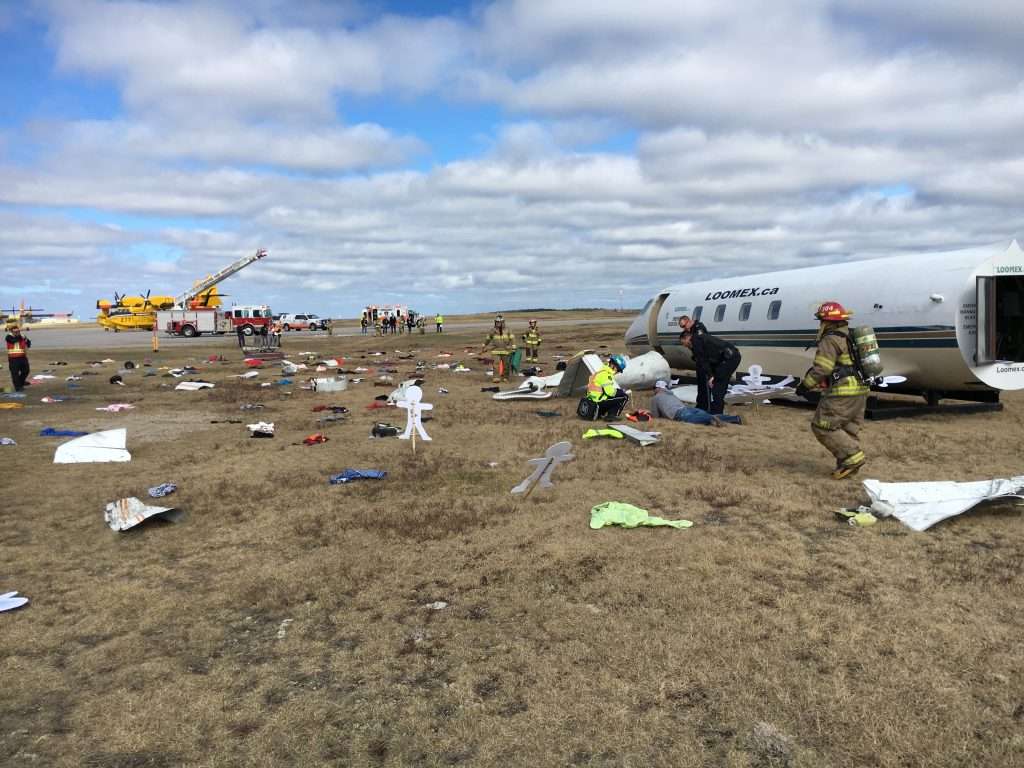
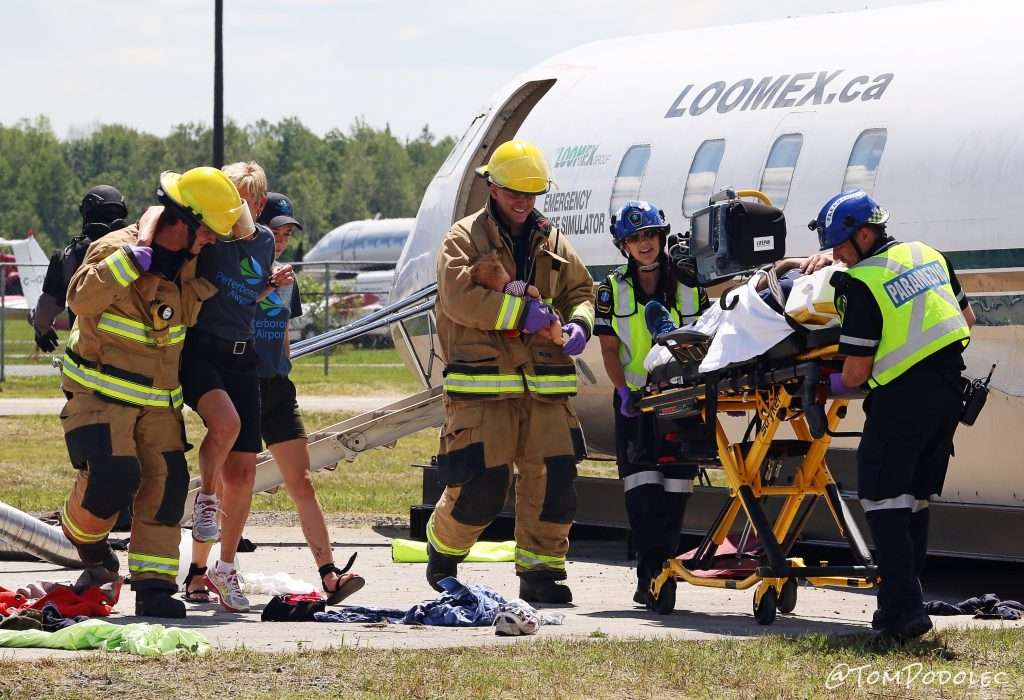
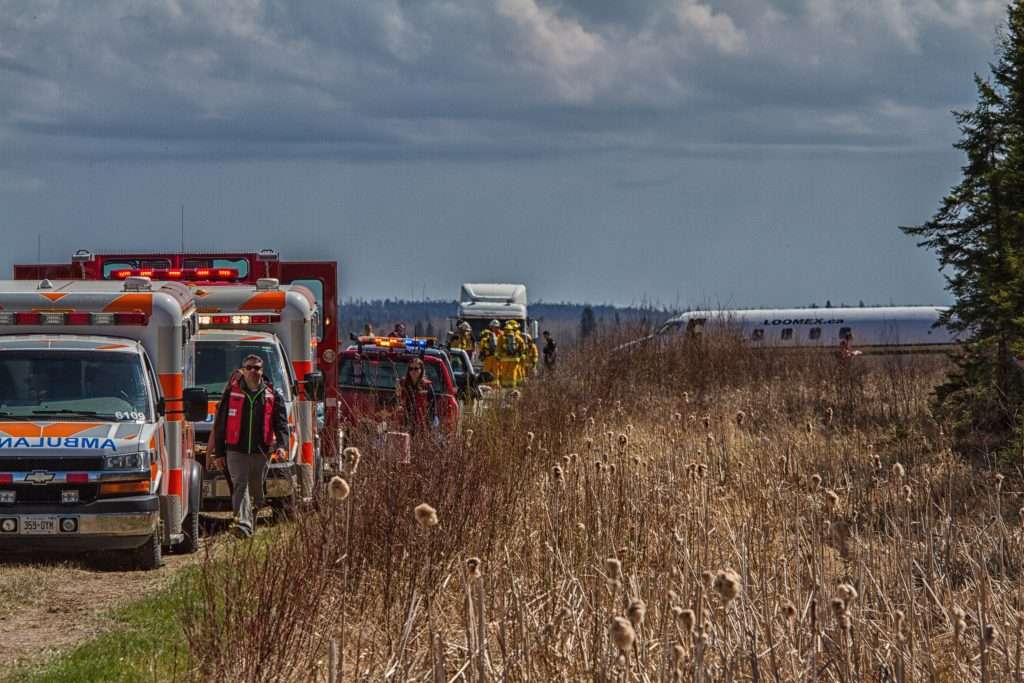
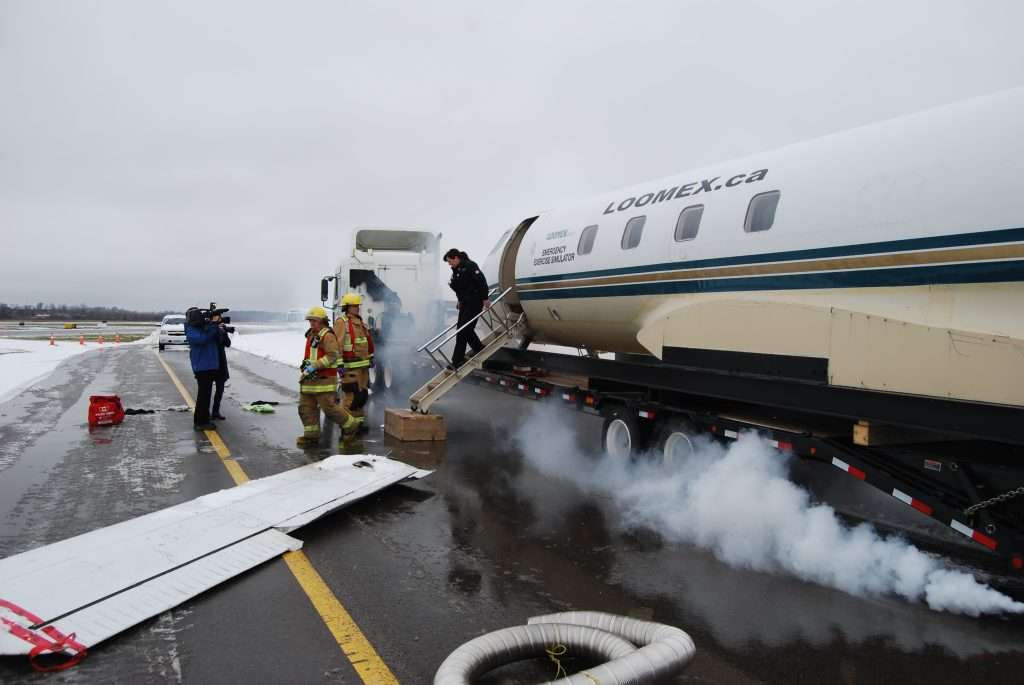
Training Courses for Safe & Compliant Operations
Practical, role-based courses for organizations, municipalities, and airports. Delivered on-site, live online, or blended—to fit your team, season, and staffing. We tailor scenarios to your facility and local risks, including remote and northern conditions. Clear language, hands-on practice, and audit-ready records so your people are confident and your program stays compliant.
Search Available Courses
Course Type
Delivery Method
Incident Management System (IMS)

Exercise Design

Emergency Social Services

EOC Position Training

Emergency Management Overview

On-Scene Controller

Global Reporting Format (GRF)

Auditing and Compliance

Winter Maintenance Planning and Runway Condition Reporting

Airport Operations

Wildlife Management and Control

Human Factors in Aviation

Accident Investigation

Radio Communications

Crisis Communications

Scribe-Notetaking

Meet the Experts Powering Organizational and Municipal Readiness
Response & Readiness
The Response and Readiness Team at Loomex Group brings decades of experience in emergency management and crisis response. With expertise across multiple fields, the team has collaborated with hundreds of professionals throughout North America, including government agencies, first responders, and healthcare organizations. Known for their strategic coordination and reliability, they offer comprehensive services in crisis management, preparedness, and recovery. Whether responding to large-scale emergencies or providing training, Loomex’s team ensures clients are fully prepared to handle any crisis with precision and leadership, drawing from their extensive network and in-depth industry knowledge.
President and CEO




